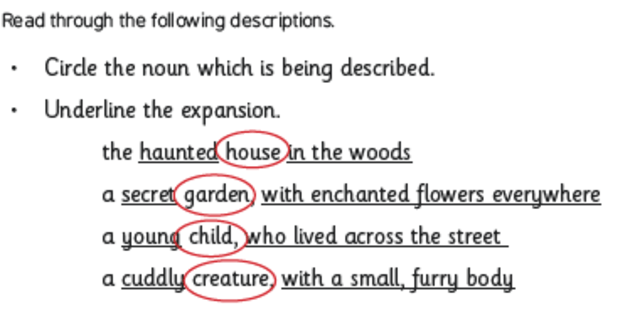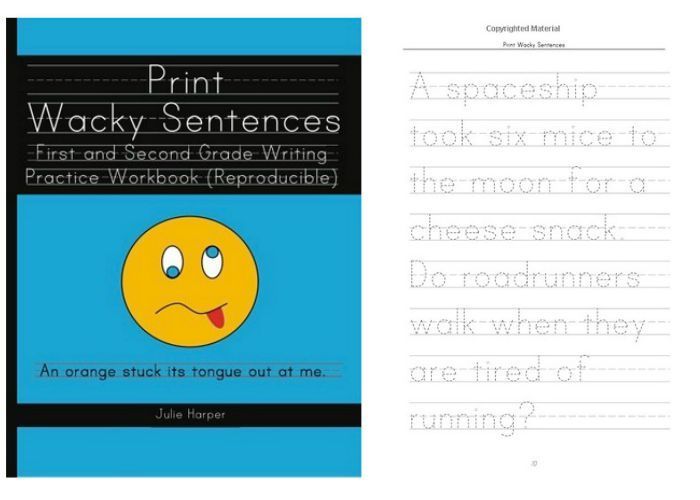

OK, these goat examples are getting ba-a-a-ad. Using em dashes: “The goat-who adored his backside, frontside, and every side, and was prepared to save all sides at any cost!-hid behind the dumpster at the Greek restaurant.” It also jazzes up the rhythm of the sentence. Usually, whatever’s adorned with parentheses makes no real difference to the meaning of the sentence, but it “feels right” to the author to make the addition. Parentheses draw more attention to the interrupter than commas do, but the words between them are downplayed at the same time-at least compared to the dazzling em dash. Using parentheses: “The goat (who loved his rump because he invested a lot of time in keeping it lean) hid behind the dumpster at the Greek restaurant.” Maybe it’s an understated elegance, though? This is by far the most common type of interrupter, used in both fiction and nonfiction to provide added detail while maintaining a steady rhythm in the flow of words.

The interrupter above (also called an appositive) is the least eye-catching of the three types of interrupting phrases. Using commas: “The goat, who had every reason to believe his lean hindquarters were in danger, hid behind the dumpster at the Greek restaurant.” Our examples showcase longer forms of lightly-salted, twinkling interrupting phrases.
HOPEFULLY IN A SENTENCE HOW TO
Here’s a rundown of how to accessorize your interrupter. In order for them to work, interrupters need to be accessorized with-you guessed it-commas, parentheses, or em dashes. A poorly dressed (naked as a jaybird) interrupter is not an excuse for a random run-on sentence! Of course, successful interrupters have to be punctuated accurately (womp womp). One thing is certain: English is now more democratic and less elitist interrupters give an unpretentious quality to writing that appeals to readers. (Maybe we should take our own advice!) How to punctuate an interrupter Just remember, in normal practice, use interrupters sparingly-a little salt enhances all flavors too much makes the thing inedible. Warning: We’re admittedly over-interrupting ourselves in this article, but it’s only to illustrate how written interruptions work. “Go on a camping trip, lock yourself in your man cave, or just check into a hotel that offers hot continental breakfasts (Mmmm … am I the only one who loves continental breakfasts?) and hash out your blueprint.” Whomever it may be -Devon? Lauren? Cole coming back into the game off the jury in the biggest twist of all time?-will join the 33 other winners over 34 seasons.” 20th, a new Survivor champion will be crowned. “I decided zoodles are definitely better than the other im pasta (get it?), spaghetti squash.” They’re often the goofy/sarcastic “wink-wink-nudge-nudge” asides writers play with in nonacademic writing and online content.Īlso called insertions, interrupting phrases, or parenthetical expressions, interrupters are words, phrases, or clauses that break the flow of writing-because if the author feels like it, why not?-to offer additional, can’t-be-held-back, or spur-of-the-moment thoughts (helpful, humorous, “just because”).

Interrupters- like this little guy right here-are squeezing into more and more contemporary writing.


 0 kommentar(er)
0 kommentar(er)
